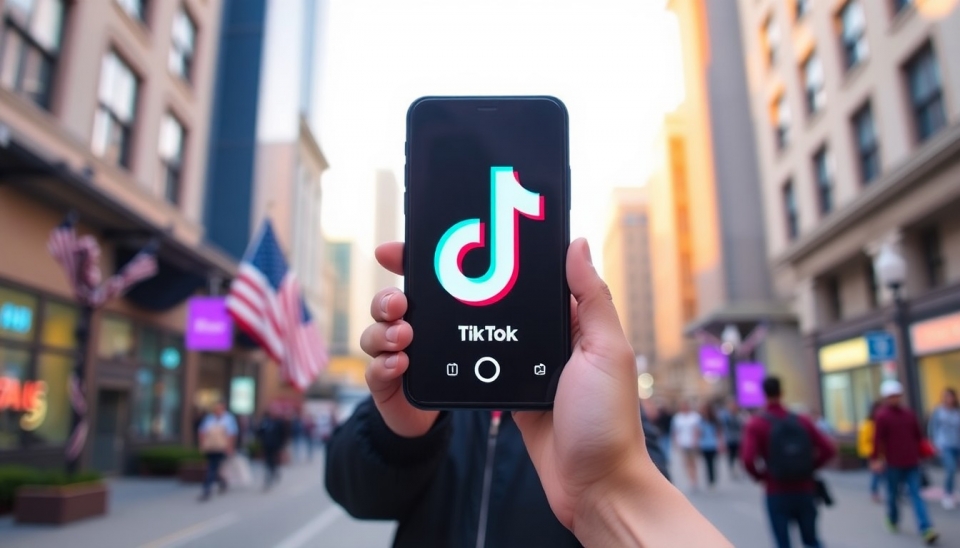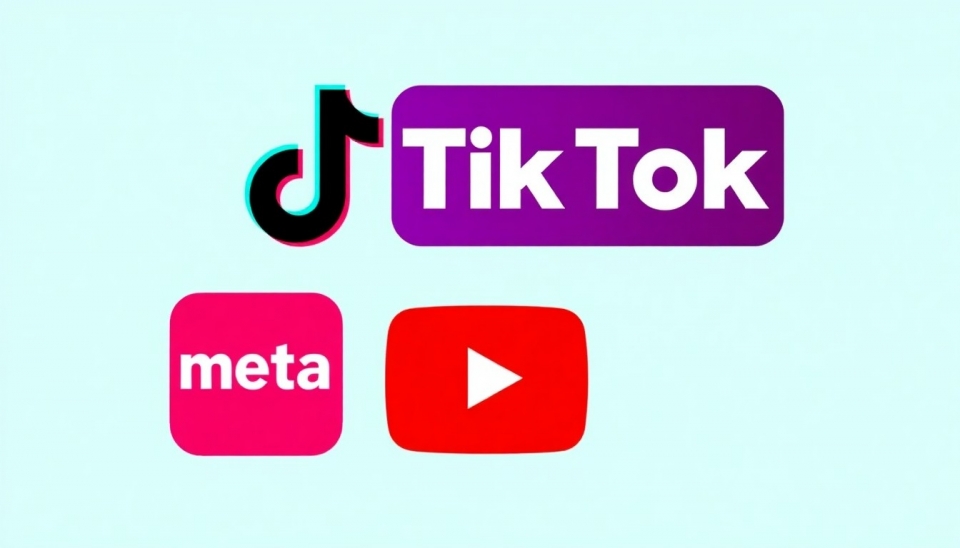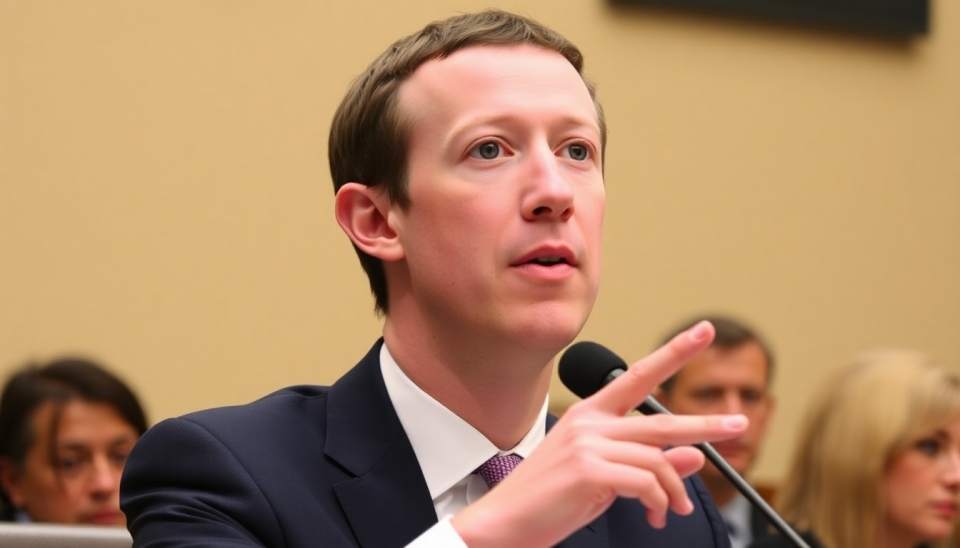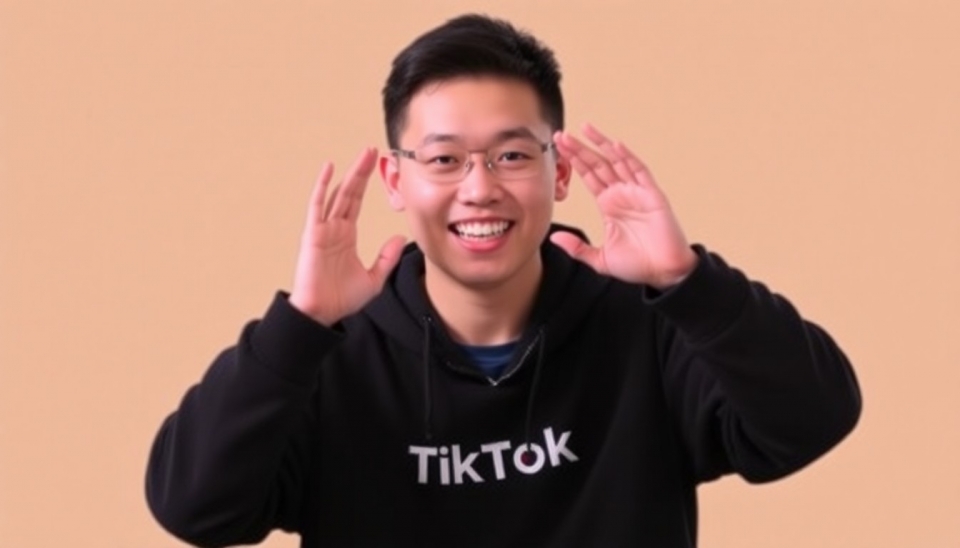
In a significant development in the ongoing saga of TikTok's presence in the United States, conversations surrounding a potential ban or sale of the popular social media platform have resurfaced following renewed scrutiny from U.S. lawmakers. As tensions between Washington and Beijing persist, the fate of TikTok hangs in the balance with various stakeholders weighing their options.
Initially, the platform faced a potential ban due to national security concerns, as government officials expressed apprehension regarding the app’s data practices and its ties to the Chinese government. The fear was that user data could be accessed by the Chinese Communist Party, leading to increased pressure on TikTok to address these concerns. In 2020, then-President Donald Trump attempted to force a sale of TikTok's U.S. operations, prompting intense legal battles and negotiations between the platform and interested buyers, such as Oracle and Walmart.
Despite these efforts, the situation took a complicated turn under the Biden administration. Rather than pursuing an outright ban, the new government opted for a more diplomatic approach by initiating a review of the platform’s operations. This review has been ongoing, with no definitive resolution reached, leaving many to question the long-term viability of TikTok in an increasingly divided political landscape.
As of now, the potential outcomes for TikTok range from a forced sale to a stricter regulatory framework designed to ensure user data privacy. Analysts suggest that a direct sale to an American company could shield TikTok from harsh sanctions but would not fully eliminate scrutiny. Some fear that the ongoing negotiations could lead to a fragmented social media landscape, ultimately affecting user experience and business opportunities.
Recently, discussions about whether TikTok would be forced to divest from its Chinese ownership or comply with stringent regulations have gained renewed attention. Lawmakers and experts have been debating the implications of such actions on the app’s user base, which currently stands at over 100 million in the U.S. alone, solidifying TikTok as one of the nation’s most popular social media platforms.
In the face of these challenges, TikTok has not remained idle. The company has intensified its commitment to transparency, enhancing its data privacy measures and using U.S.-based servers to allay fears related to data security. Moreover, TikTok’s attempt to engage with lawmakers through outreach efforts aims to demonstrate its intention to operate within the confines of U.S. law while continuing to cater to the needs of its users.
As the deadline for any potential regulatory changes approaches, industry leaders and users alike observe the developments closely, pondering their implications on both the platform and the broader digital landscape. The next few months could be pivotal for TikTok, shaping the app’s future and the regulatory ecosystem surrounding social media in the U.S.
In conclusion, while the situation remains fluid, the stakes for TikTok are high. The outcome of the ongoing discussions will likely affect not just the app itself, but also the wider discourse around data privacy in a time of increasing scrutiny over the technology sector.
Stay tuned for further updates as the situation evolves, and don't forget to share your thoughts on the potential outcomes for TikTok in the U.S.
#TikTok #USTikTokBan #SocialMedia #DataPrivacy #TechNews
Author: John Miller




